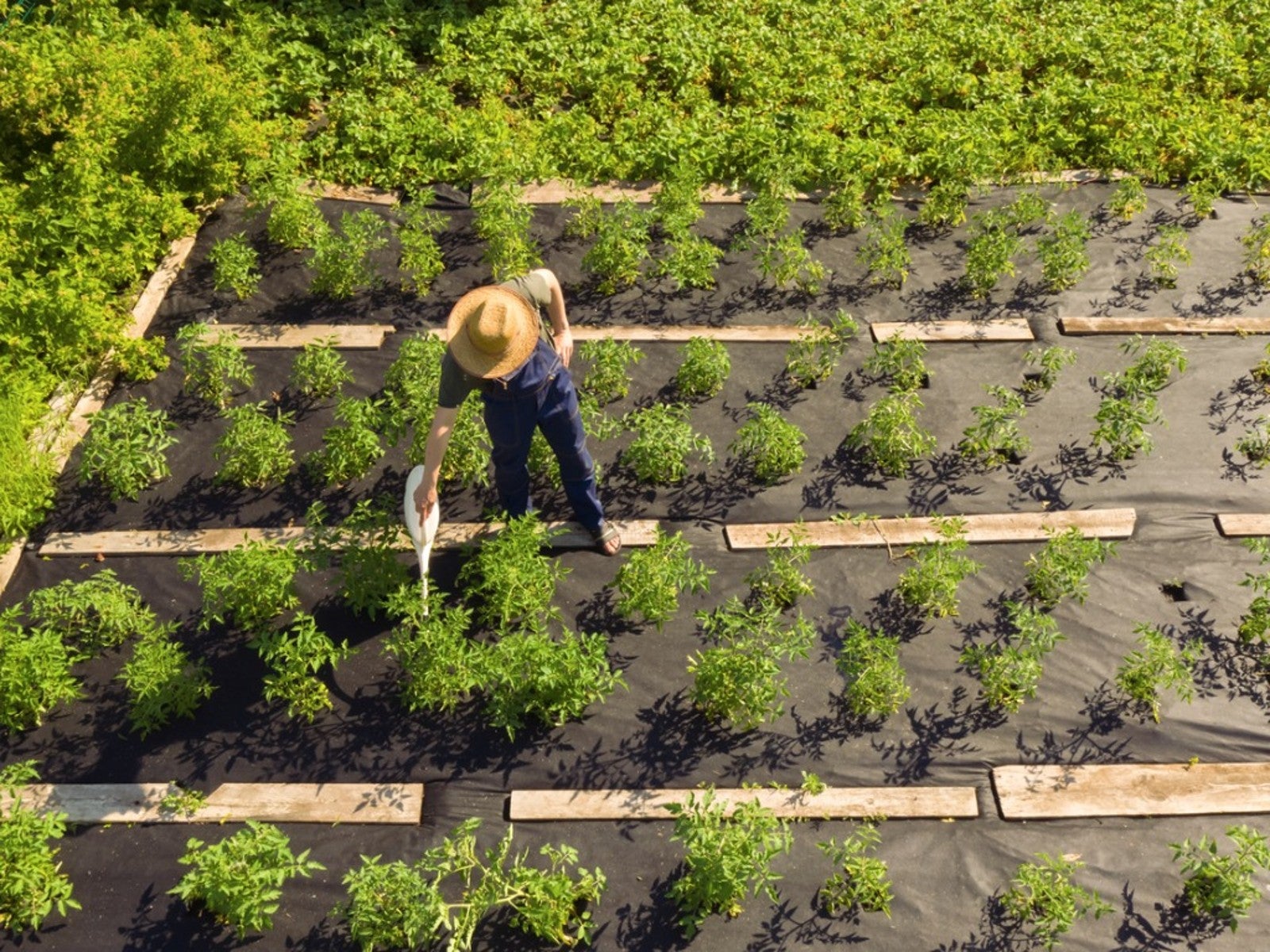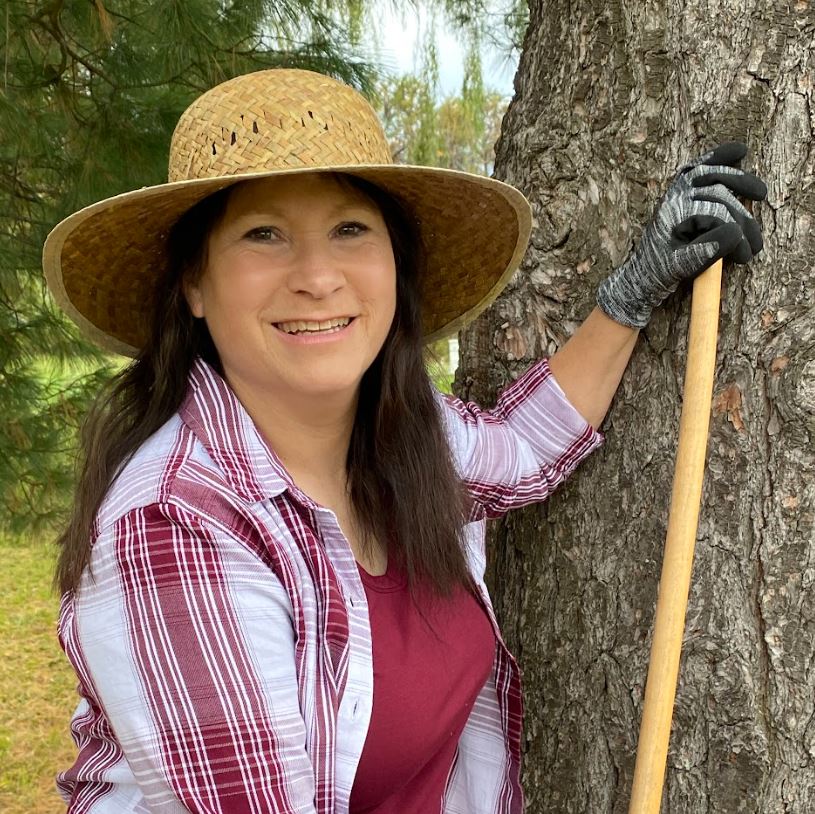Permaculture Vs. Organic Farming Differences


Sign up for the Gardening Know How newsletter today and receive a free copy of our e-book "How to Grow Delicious Tomatoes".
You are now subscribed
Your newsletter sign-up was successful
As gardeners become more invested in their vegetable plants, it's natural to adopt various agricultural methods in order to be a greener, more earth-friendly grower. When we compare two such systems, namely permaculture and organic farming, it's easy to see many similarities. Are these methods the same though?
Organic Farming vs. Permaculture
In short, the answer is no. Organic farming differs from permaculture design in a number of significant ways. Before we can compare these differences, let's first define the basic premise behind each agricultural method.
Organic farming began as an agricultural movement in the 1940's and the word “organic” has become a labeling term to denote products which are grown or raised without the use of synthetic fertilizers, pesticides, antibiotics, and growth regulators. This movement was fostered by J. I. Rodale.
Permaculture design was introduced in the 1970's by Bill Mollison and David Holmgren. It is an agricultural system based on nature and encompasses all aspects of human needs including food, shelter, and energy consumption.
Organic farming has become a highly-regulated industry, while permaculture has remained a grass-roots movement. In addition, many large farms have adopted organic farming, but have overlooked permaculture design as a technique primarily for the home gardener or small backyard operations.
How is Permaculture Different from Organic Gardening?
Let's take a look at several distinct ways in which permaculture differs from organic farming:
- Energy conservation – Permaculture is highly focused on reducing carbon footprints. Food is grown and sold locally, thus reducing energy needs and the pollution associated with long distance transportation of goods. Conversely, organic-labeled produce is shipped worldwide.
- Core philosophy – While both systems utilize organic practices such as natural pest control methods, the rationale for this differs. In organic farming, the goal is the elimination of chemical residue in the food supply. Protecting pollinators and good bugs is an added benefit. Permaculture's core belief is protection of the environment, which in turn benefits humans.
- Zero waste – One aspect of permaculture farming is zero waste by recycling, reusing, and repurposing items. Thus, permaculture growers use biodegradable or reusable packaging. On the other hand, organic food is often packaged and marketed in disposable containers, which can end up in landfills.
- Integrated design – Organic farming centers on the production of a small number of commodities. Permaculture is a farm design with many products. Each one benefits another part of the program. For instance, goats not only mow the lawn, but also provide meat and milk to feeds workers and manure to fertilize plants.
Perhaps the biggest difference between organic farming and permaculture is the use of sustainable farming practices. Defined as the ability to meet current human needs while preserving the ability of future generations to do the same, the very core of the permaculture model is based on preservation of natural resources and conservation of the planet. However, is organic farming sustainable?
Sign up for the Gardening Know How newsletter today and receive a free copy of our e-book "How to Grow Delicious Tomatoes".
Some say no, primarily because organic farming practices produce lower yields per acre, have an increased rate of soil depletion, and utilize nonrenewable resources such as black plastic mulch. Marketing vegetables closer to home, integrating crops and repurposing by-products would help make organic farming more sustainable.

Laura Miller has been gardening all her life. Holding a degree in Biology, Nutrition, and Agriculture, Laura's area of expertise is vegetables, herbs, and all things edible. She lives in Ohio.